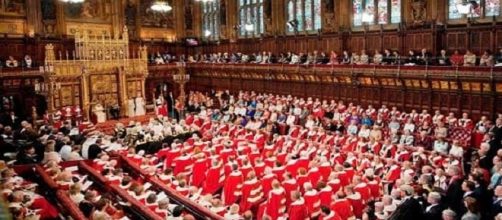Recently, a report by a Lords Select Committee on Economic Affairs states that the decarbonisation agenda on Energy should be relegated. The Climate Change Act 2008 was created to bring government policy on energy needs into the 21st century, by creating long-term decarbonisation targets.
However, the report by the Lords suggests that the decarbonisation agenda is not compatible with the first two objectives of ensuring a more secure and affordable supply of energy.
The report’s failures
They say that because energy from fossil fuels are cheaper, there should be increased focus on delivering the UK's energy needs in this manner.
This highlights that the Lords are either blissfully unaware of changing energy requirements in the light of tackling climate change or want to keep the status quo.
It fails to mention that solar energy has been progressing quickly and the government’s projections, as reported in a previous issue, state that only onshore wind farms could provide cheaper energy within the next decade. The report states that bills are 58% higher in 2016, however, it also proceeds to mention that prices increased by just 10% due to green subsidies.
The report by the Lords indicates that they have little appetite for real change and progress. The system of an unelected chamber with the ability to influence law certainly undermines the idea of progress but this report goes further to suggest that progress is found in the past.
The report misses important details such as rising fossil fuel prices, reduced consumer spending and demand along with the rapid decline of costs to wind and solar energy.
Deliberate misinformation by Lords
The Lords report is deliberately misleading and doesn’t include several important reports by other organisations. It purposefully only includes information that would be interpreted negatively towards renewable energy. It calls for greater clarity on the cost of renewables. But there are already reports that show, if there is improved grid flexibility it would restrict the costs, with details on solar and storage that state together they can create negative cost to the grid, providing a net benefit.
The Lords have presented arguments that are outdated and deliberately misleading. Despite the out-of-date claims there are some positives; the proposal to allow all technologies to compete in a single auction for electricity generating capacity where the desired level of carbon emissions and capacity is fixed. This would create a level-playing field for all technologies by boosting market mechanisms. The report though further shows that the House Of Lords is an archaic institution that often alludes towards more regressive policies.

